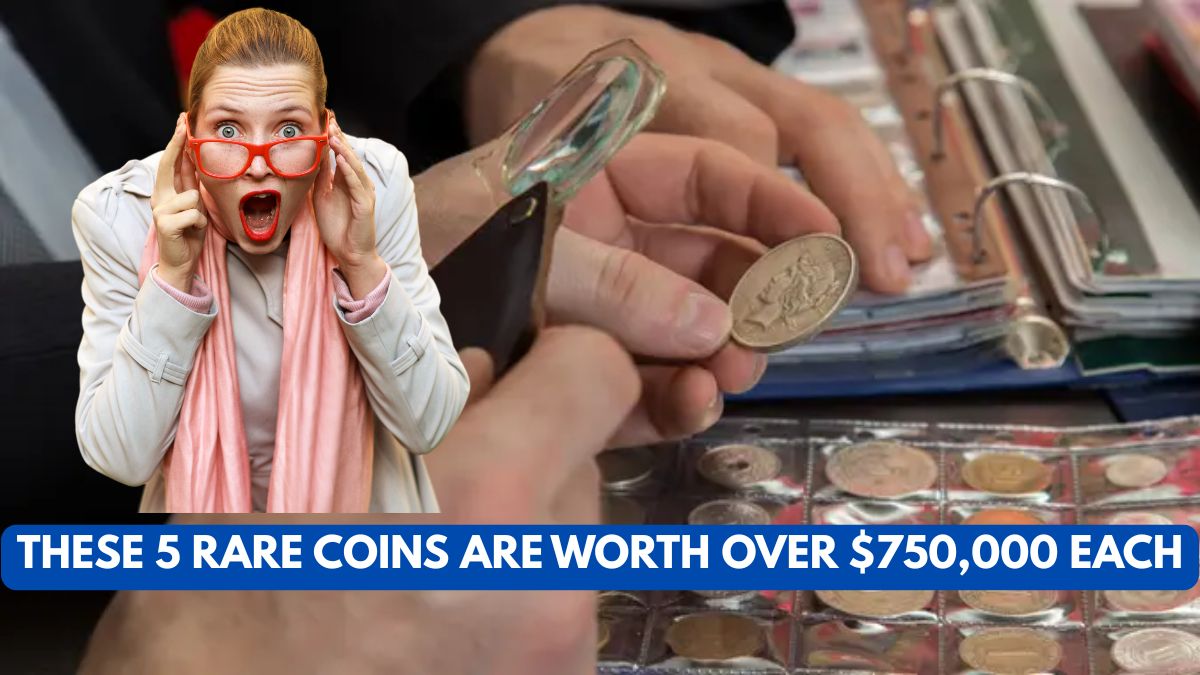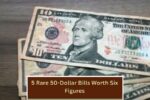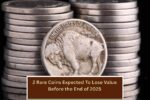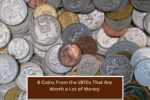Think that loose change in your pocket is only worth face value? Think again. Some seemingly ordinary coins found in everyday circulation are actually worth hundreds — even thousands — of dollars to collectors. Whether you’re a coin enthusiast or simply curious about the contents of your wallet, it might be time to take a closer look.
Here are five rare coins that could be hiding in your pocket or coin jar right now — and what makes them so valuable.
1. 1943 Bronze Lincoln Cent – A Wartime Mistake Worth Thousands
During World War II, the U.S. Mint shifted from copper to zinc-coated steel to conserve copper for the war effort. However, a few leftover copper planchets were accidentally used in the minting process. This resulted in a rare version of the 1943 Lincoln cent made from bronze instead of steel.
- Estimated Value: Up to $85,000, with some fetching over $100,000 at auction depending on condition.
- How to Identify: Use a magnet. Steel cents will stick, while the bronze ones won’t. The coin should also have a reddish hue rather than silvery.
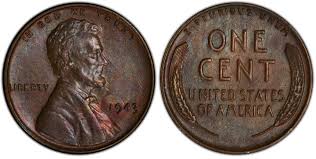
2. 1955 Doubled Die Lincoln Cent – A Collector’s Classic
A misalignment in the die during minting caused some 1955 pennies to appear “doubled.” The most noticeable doubling occurs on the words “LIBERTY” and “IN GOD WE TRUST” as well as the date.
- Estimated Value: Between $1,000 to $1,800, though uncirculated coins may command significantly more.
- How to Identify: Look for clear doubling, especially around the date and inscriptions on the obverse (front).
- Trusted Source: Professional Coin Grading Service (PCGS)
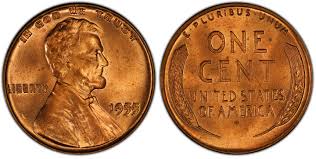
3. 1969-S Doubled Die Cent – Rare and High-Value Mint Error
This penny, minted in San Francisco, features one of the most significant doubling errors in U.S. coin history. Like the 1955 cent, the doubling appears on the obverse.
- Estimated Value: Ranges from $500 to $3,000 depending on condition and grading.
- How to Identify: Examine Lincoln’s profile and the inscriptions closely, especially under magnification.
- More Info: Numismatic Guaranty Company (NGC)
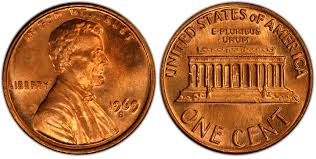
4. 2004 Wisconsin State Quarter – The “Extra Leaf” Mystery
A small batch of Wisconsin quarters features an extra leaf on the corn stalk depicted on the coin’s reverse. There are two versions of this error: the “High Leaf” and “Low Leaf.”
- Estimated Value: These quarters can sell for $300 to $1,000 or more depending on condition.
- How to Identify: Inspect the left side of the corn stalk. If you spot an extra leaf either pointing upwards or downwards, you may have a valuable find.
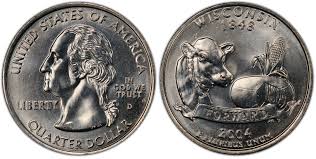
5. 2000 Sacagawea Dollar / Washington Quarter Mule – A Million-to-One Mistake
Perhaps the rarest modern coin error, this mule features the obverse of a Washington quarter paired with the reverse of a Sacagawea dollar. It was struck on a golden dollar planchet, making it truly unique.
- Estimated Value: Between $29,000 and $155,000, depending on grade and provenance.
- How to Identify: Look for the mismatched obverse and reverse designs. The coin also has a golden hue, unlike regular quarters.
- Read More: Modern Coin Mart
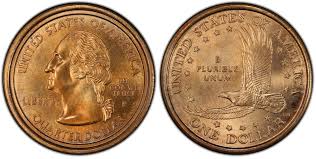
How to Tell If Your Coin Is Valuable
If you think you’ve found one of these coins, here are a few steps to follow:
- Avoid Cleaning the Coin: Cleaning can reduce a coin’s value significantly.
- Use a Magnifying Glass: Look for small mint marks or errors that can indicate a rare variant.
- Get it Graded: Professional services like PCGS or NGC offer authentication and grading.
- Consult Coin Price Guides: Use trusted platforms like CoinTrackers for up-to-date valuations.
Final Thoughts
While the odds of stumbling upon one of these coins are slim, it’s not impossible. Many have been discovered by individuals who simply took the time to look. With some knowledge and a keen eye, your next purchase at the gas station might bring you more than just change — it could bring a small fortune.
So before you spend that next penny or quarter, give it a second glance. You might just be holding a rare piece of American history.
This article has been carefully fact-checked by our editorial team to ensure accuracy and eliminate any misleading information. We are committed to maintaining the highest standards of integrity in our content.

Deepak Grover is a dedicated content writer at OTE News, specializing in government affairs, public policy, and current events. With a keen eye for detail and a passion for factual reporting, he ensures readers receive accurate and insightful news. Deepak holds a degree in Political Science and has experience in research-driven journalism.
When not writing, he enjoys reading historical books, exploring hiking trails, and staying updated with global political trends. His commitment to ethical journalism makes him a trusted voice at OTE News.

